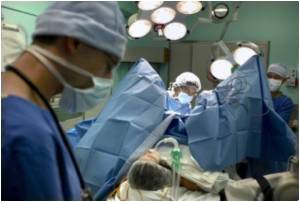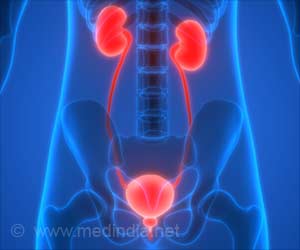A pioneering anaesthesia technique that makes surgery safer for patients with obstructed airways has helped save at least one life already.

‘A pioneering anaesthesia technique is a modern alternative to traditional techniques and has great potential to be used in many other scenarios.’





"It is also making a difference to quality of life for those people who may previously have been unsuitable for surgery," Booth said in a university news release. In a study conducted at Australia's Princess Alexandra Hospital, the team combined two relatively new techniques.
"Traditionally with anaesthesia we expect patients to stop breathing, as we are putting them into a state resembling a medically-induced coma," Booth said.
"Our job as anaesthetists is to take over breathing for the patient to keep them oxygenated, often through intubation. In patients undergoing surgery for narrowed airways we can't insert a tube into the trachea where the surgeons are trying to operate," he said.
"Instead we implemented a way to keep the patient breathing spontaneously during anaesthesia," Booth added.
Advertisement
"Through this combination we have been able to manage anaesthesia for patients with very challenging airway narrowing," he said.
Advertisement
The technique, known as STRIVE Hi, was detailed in the British Journal of Anaesthesia.
Source-IANS











